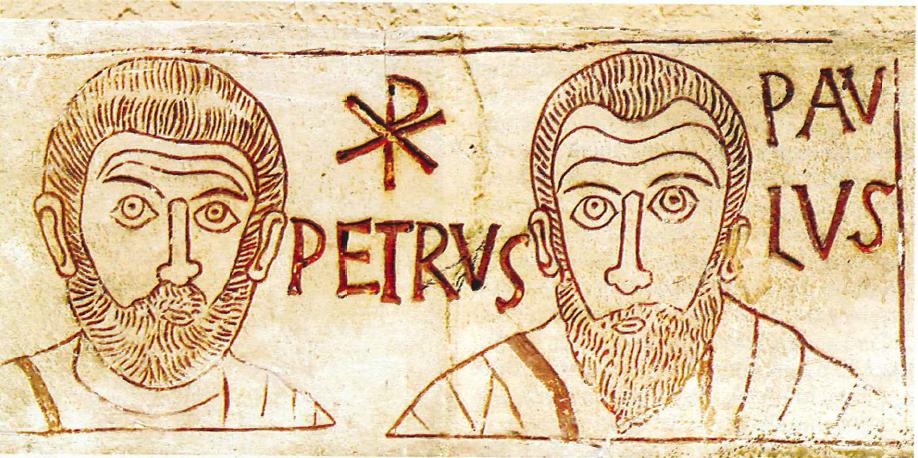Hebrews 10:5 hierin verwijst Paulus naar het oude testament. Het exacte vers waarnaar hij verwijst is Psalm 40;7. Dit correspondeert geenszins met de masoretische tekst.
Coffman commentaries

But how is it possible that the Septuagint and the apostle should take a meaning so totally different from the sense of the Hebrew?
Dr. Kennicott has a very ingenious conjecture here: he supposes that the Septuagint and apostle express the meaning of the words as they stood in the copy from which the Greek translation was made and that the present Hebrew text is corrupted in the word אזנים oznayim, ears, which has been written through carelessness for אז גוה az gevah, THEN A BODY. The first syllable אז, THEN, is the same in both; and the latter נים, which joined to אז, makes אזנים oznayim, might have been easily mistaken for גוה gevah, BODY; נ nun, being very like ג gimel; י yod, like ו vau; and ה he, like final ם mem; especially if the line on which the letters were written in the MS. happened to be blacker than ordinary, which has often been a cause of mistake, it might have been easily taken for the under stroke of the mem, and thus give rise to a corrupt reading: add to this the root כרה carah, signifies as well to prepare as to open, bore, c.
On this supposition the ancient copy, translated by the Septuagint, and followed by the apostle, must have read the text thus: אז גוה כרית לי az gevah caritha li, σωμα δε κατηρτισω μοι, then a body thou hast prepared me: thus the Hebrew text, the version of the Septuagint, and the apostle, will agree in what is known to be an indisputable fact in Christianity, namely, that Christ was incarnated for the sin of the world
Benson commentaries
The well known problem of this place is that the author of Hebrews apparently quoted from the Septuagint (LXX) version of the Scriptures which differs greatly from the Hebrew text in the key words about the preparation of a body for the Messiah. Of this, Thomas said:The Hebrew reads, “Mine ears thou hast opened,” while the Greek text from which the quotation is made reads, “A body hast thou prepared me.” On the principle that the Greek reading is the harder, it may be regarded as the original
Romans 11:26
In deze passage verwijst Paulus naar Jesaja 59:20. Het is een verschil in come from zion of come to zion. Dus een verschil tussen going or coming. De woorden van paulus corresponderen niet met de hebreeuwse tekst. Calvin commentary zegt het volgende;
364) There is more discrepancy in this reference than any we have met with. The Apostle follows not literally either the Hebrew or the Septuagint, though the latter more than the former. In the Hebrew, it is, “to Sion,” לציון, and in the Septuagint, “for the sake of Sion,” ἕνεκεν Σιών.
Then the following clause is given verbatim from the Septuagint, and differs materially from the Hebrew, at least as translated in our version. The Syriac and Chaldee give the verb a causative meaning, so as to make the sense the same as here. But it may be regarded as an infinitive with a pargogic י, and in a transitive sense, which it sometimes has. See Genesis 2:16; Psalms 132:10. If so, the verse will agree with the Apostle’s words, and may be thus rendered, —
Come to Sion shall a deliverer, And to turn away the ungodliness that is in Jacob.He shall come to Sion, and shall come “to turn away,” etc.; or the ו may be rendered even, “Even to turn away,” etc. This rendering corresponds more than that of our version with the substance of the verse which follows. — Ed.
 Answering Christianity Al uw vragen over het christendom beantwoord
Answering Christianity Al uw vragen over het christendom beantwoord